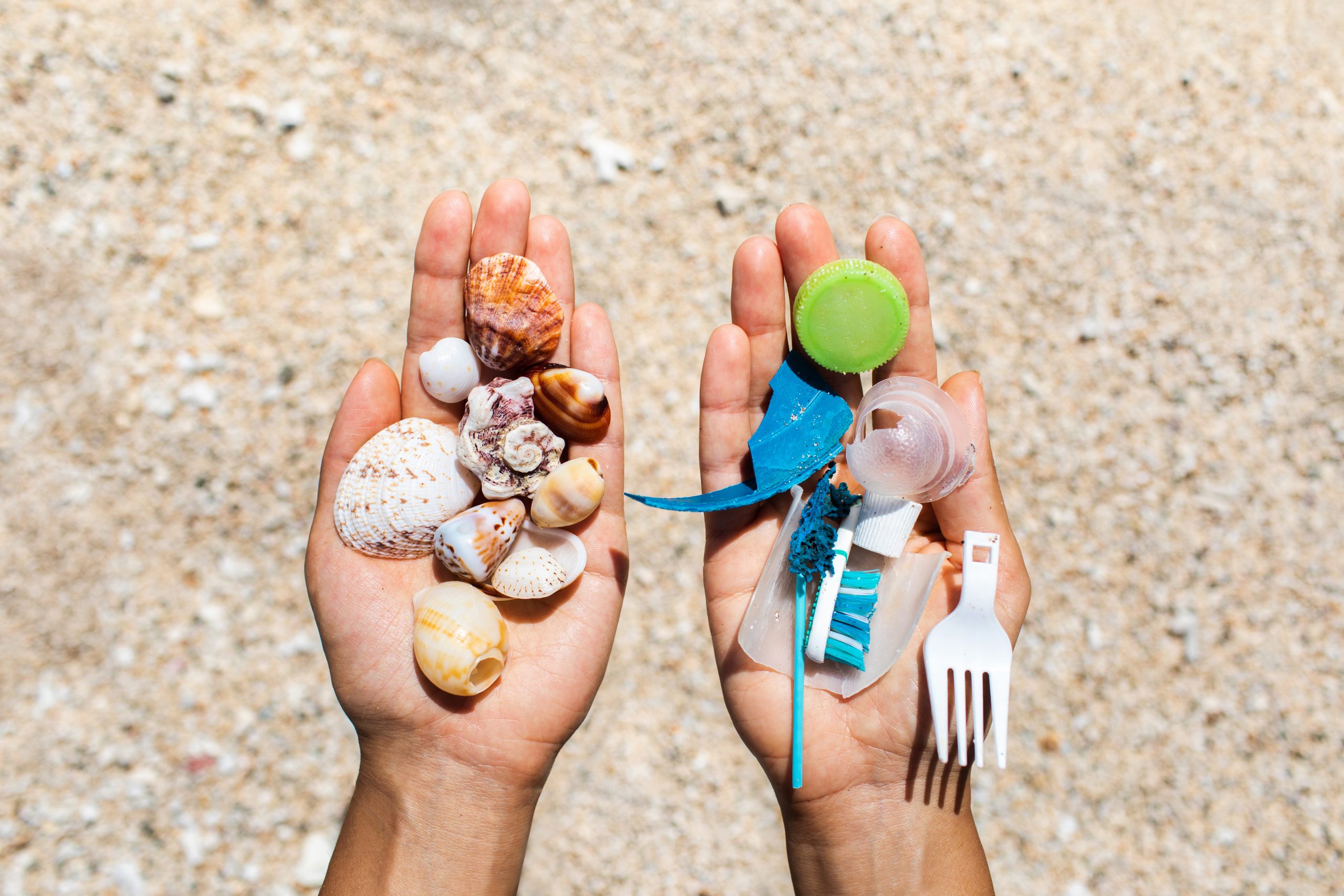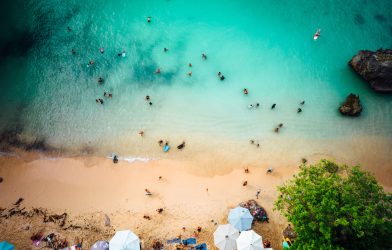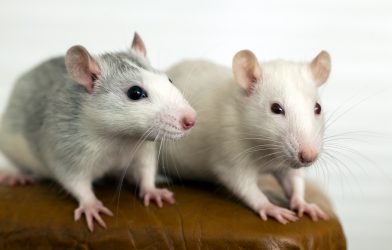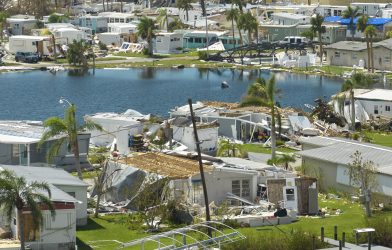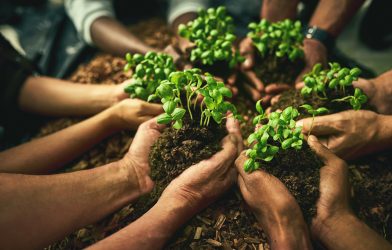Plastic pollution has emerged as one of the most pressing environmental issues of our time, with profound effects on marine ecosystems. Our oceans, which cover more than 70% of the Earth’s surface, are home to an incredibly diverse array of life forms. However, the pervasive presence of plastic waste threatens the health and stability of these marine environments, leading to dire consequences for both marine life and human communities.
The primary sources of plastic pollution in marine ecosystems include single-use plastics, such as plastic bags, bottles, straws, and packaging, which are used briefly but can persist in the environment for hundreds of years. Lost or discarded fishing nets, lines, and traps, often referred to as “ghost gear,” contribute significantly to marine plastic debris. Tiny plastic particles, known as microplastics, originate from the breakdown of larger plastic items, microbeads in personal care products, and synthetic fibers from clothing. Additionally, plastics discarded on land can be carried by wind and rain into rivers and streams, eventually making their way to the ocean.
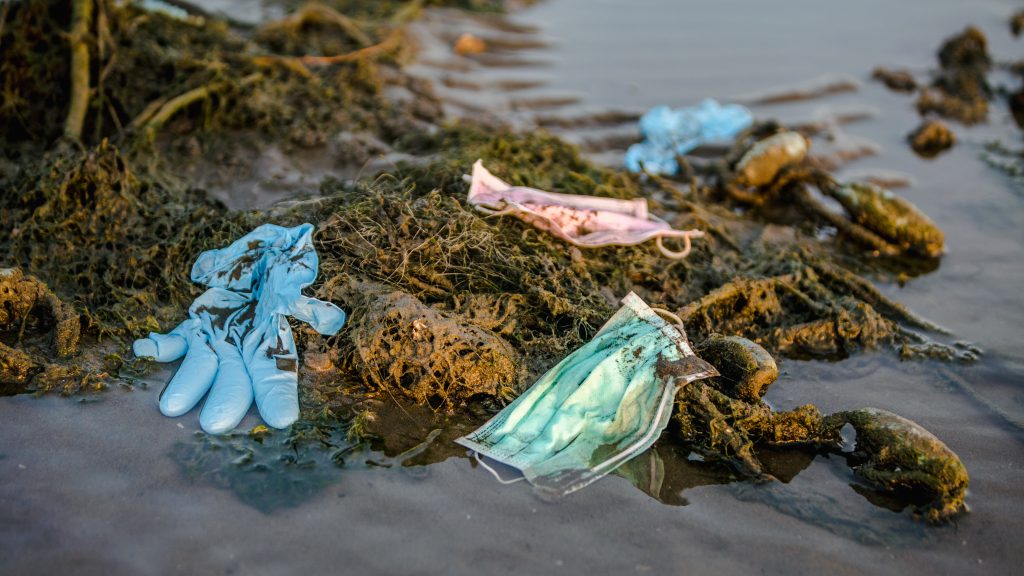
Plastic pollution has a myriad of detrimental effects on marine life. Marine animals, including fish, seabirds, and mammals, often mistake plastic debris for food. Ingesting plastic can lead to malnutrition, intestinal blockages, and exposure to toxic substances. For example, sea turtles may consume plastic bags, mistaking them for jellyfish, which can result in fatal digestive obstructions. Animals can become entangled in plastic waste, such as fishing nets and six-pack rings, which can cause injuries, impair mobility, and lead to drowning or starvation. Plastic debris can also smother coral reefs, seagrass beds, and other vital habitats, disrupting the delicate balance of these ecosystems. The presence of plastics can alter the physical environment, making it less suitable for certain species. Moreover, plastics often contain harmful chemicals, such as bisphenol A (BPA) and phthalates, which can leach into the water and disrupt the endocrine systems of marine organisms, leading to reproductive and developmental issues.
The effects of plastic pollution are not confined to marine life; they also extend to human communities. The ingestion of plastics by marine organisms can lead to the accumulation of toxic substances in the food chain, posing health risks to humans who consume seafood. Coastal communities and industries, such as tourism and fishing, can suffer significant economic losses due to the degradation of marine environments and the costs associated with cleaning up plastic pollution. The presence of microplastics in drinking water and seafood raises concerns about potential health impacts, including inflammation, cancer, and hormonal imbalances.
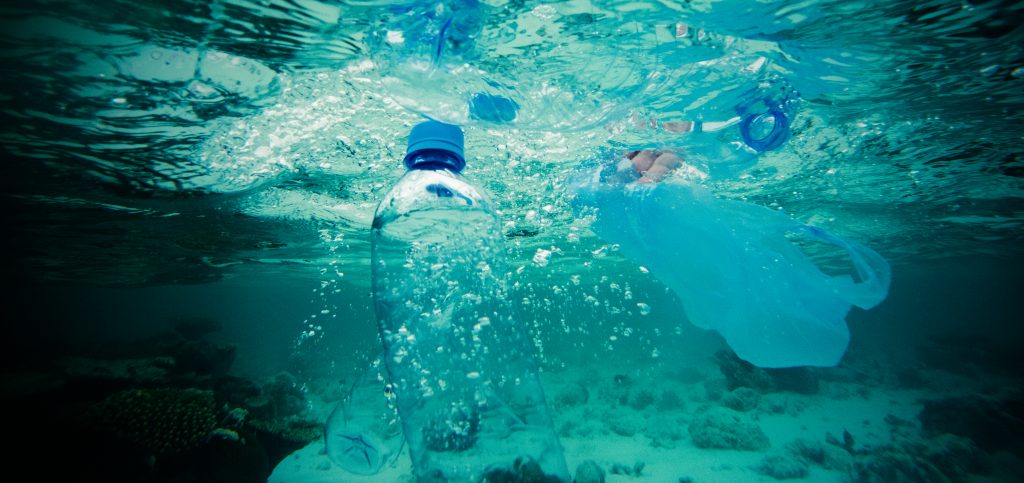
Addressing the issue of plastic pollution requires a multifaceted approach involving individuals, industries, and governments. Encouraging the reduction of plastic use, the reuse of plastic items, and effective recycling practices can significantly decrease the amount of plastic entering the environment. Governments can implement policies to limit the production and use of single-use plastics, improve waste management infrastructure, and support research into alternative materials. Organized cleanup initiatives, both on land and at sea, can help remove existing plastic pollution and raise awareness about the issue. Developing and promoting biodegradable and compostable materials can reduce reliance on traditional plastics. Investing in innovative technologies to capture and recycle plastic waste more efficiently is also crucial. Raising public awareness about the impact of plastic pollution and promoting sustainable practices can drive behavioral change and build momentum for broader systemic solutions.
The impact of plastic pollution on marine ecosystems is a profound and urgent issue that demands immediate attention and action. By understanding the sources and consequences of plastic waste and implementing comprehensive solutions, we can protect our oceans and ensure the health and sustainability of marine life and human communities. Through collective effort and commitment, we can turn the tide against plastic pollution and preserve the beauty and diversity of our marine environments for future generations.






